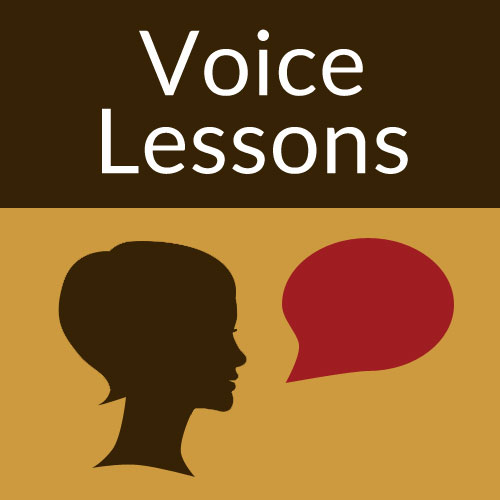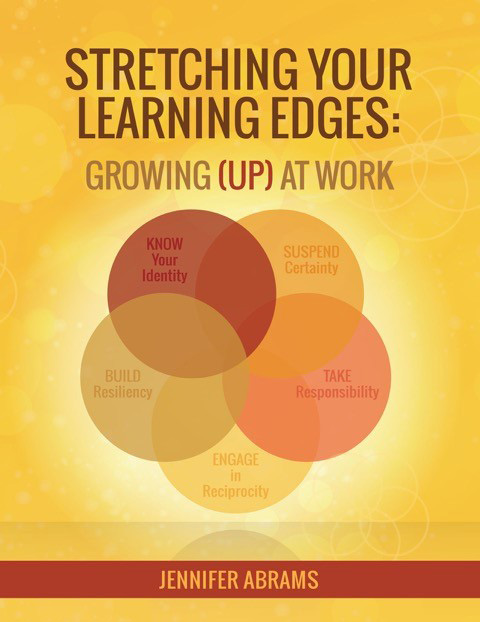Input Not Imprint
July 1, 2015

I sent my editor the first draft of my next book, which is tentatively titled, Having Hard Conversations 2.0: Extending the Learning. It is a great feeling to shape a book and put out thoughts on a subject about which you care deeply. And now comes the time for peer reviews.
Last time I received peer reviews on Having Hard Conversations, reviewer comments were both helpful and hurtful. That is I took them to be hurtful. One or two people wrote that this book should not be read by anyone who is in the role of coach. “Only administrators should learn how to have hard conversations.” I was surprised, and upset, and the comments stuck with me far too long.
At this point in my writing career, I am closer to sending those reviewers ‘thank you’ notes, as my learning from that experience was deep.
This July at the International Visible Learning conference in San Antonio, I am facilitating a session entitled, “Take Two Deep Breaths: Learning to More Objectively Assess Your Impact.” The workshop will look at strategies for supporting educators at all levels to develop data-focused ‘mindsets’ and at protocols for creating safer spaces in which evidence can be assessed.
Receiving feedback and the emotions we feel about feedback are beyond varied across individuals. The amount of time we need to recover from negative emotions can differ as much at 3,000 percent say Richard Davidson and Sharon Begley in their book, The Emotional Life of Your Brain: How Its Unique Patterns Affect the Way You Think, Feel and Live – and How you can Change Them. We as colleagues, coaches and supervisors need to prepare for such different responses.
What are the best practices for being more resilient and for learning how to have ‘speedy emotional digestion?’ How can you psychologically prepare, physically ready yourself, and verbally respond at moments of challenging feedback? These strategies and many more are in the upcoming book and in the workshop. See which ones work for you.
Psychological
- Before you go into a situation you expect to be difficult, ground yourself. Deep breathes. Connect yourself to the earth.
- Create an oval ‘bubble’ of a strong boundary around you. At least one arm’s length in front, behind and on either side of you. Stand firmly in this protective bubble and let the energy of others not penetrate. Hear the words; keep a sense of self.
Physical
- Practice the ‘Wonder Woman’ pose. Watch Amy Cuddy’s TED Talk and then practice a ‘Wonder Woman’ pose before challenging meeting where you anticipate difficult feedback. Amy Cuddy, a social psychologist at Harvard Business School, has done research on how by placing ourselves in specific stances and body positions, we can change our own body chemistry to feel more confident and change other people’s perceptions of our credibility.
- If you are concerned you are going to get more emotional than you’d like, either feeling anger or the sense that tears are coming, don’t look down. Looking down has us moving into our feelings. Instead, look up and just by moving your gaze upward, you can take yourself to a more neutral space.
Verbal
- When someone says, “Can I give you some feedback?” Say, “I am open to feedback and respond best when it is given in a humane and growth producing way.” It will most likely stop the person from saying something that is too ‘off the cuff’ or not thought through.
- You have permission to ask for clarification. If whatever you hear is too fuzzy for you to understand, ask for clarity. If you don’t ‘get’ what they are saying, ask for more detail. Remember your tone, but it is okay ask for clarification.
Julian of Norwich has taken me through many a rough patch of processing difficult feedback with her comment, “All shall be well and all shall be well and all manner of things shall be well.” Heen and Stone in Thanks for the Feedback: The Art and Science of Receiving Feedback Well say, “Input, not imprint.” Take it in, but remember don’t go too deep.
If you have any questions, comments or topic suggestions, please feel free to call me, 650-868-1916 and we can Face Time, Skype me at jenniferabrams, or email me at jennifer@jenniferabrams.com and we can set up a time to talk voice to voice. I look forward to hearing from you!
Cool Resources
Elephant Journal A website that describes itself as “dedicated to sharing the good life beyond the choir. The mindful life is about yoga, organics, sustainability, conscious consumerism, enlightened education, the contemplative arts, adventure, bicycling, family…everything. But mostly it’s about this present moment, right here, right now, and how we can best be of benefit, and have a good time doing so.”
Leaders, Fools and Impostors: Essays on the Psychology of Leadership Amazon writes, “In this book of insightful essays, Kets de Vries explodes the myth that rationality is what governs the behavior of leaders and followers, and he provides a more realistic perspective on organizational functioning and the leader-follower relationship. The author shows that a great potential for distortion exists when leaders try to act out the fantasies of their followers, and explores the many psychological traps into which leaders frequently fall.”
The Curse of the Good Girl: Raising Authentic Girls with Courage and Confidence Amazon says, “Rachel Simmons argues that in idealizing the ‘good girl’ – unerringly nice, polite, modest, and selfless-we teach girls to embrace a version of selfhood that curtails their power and potential.”

